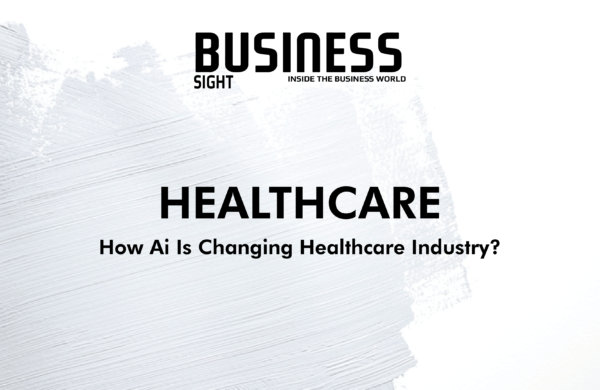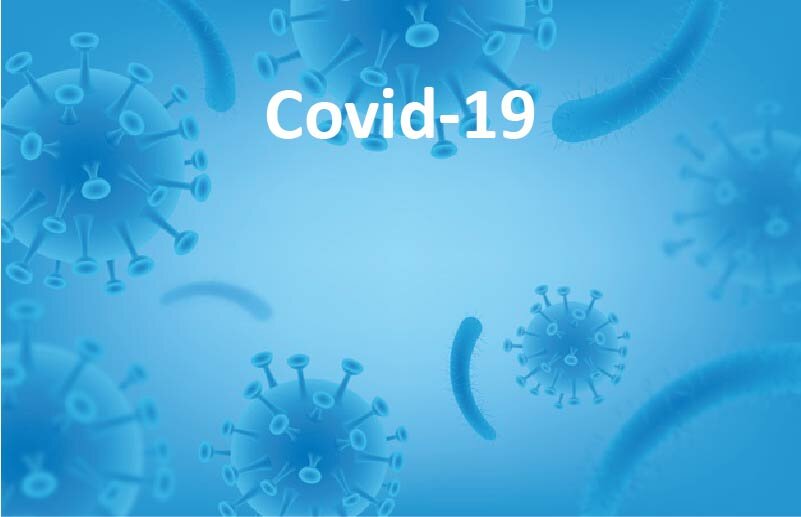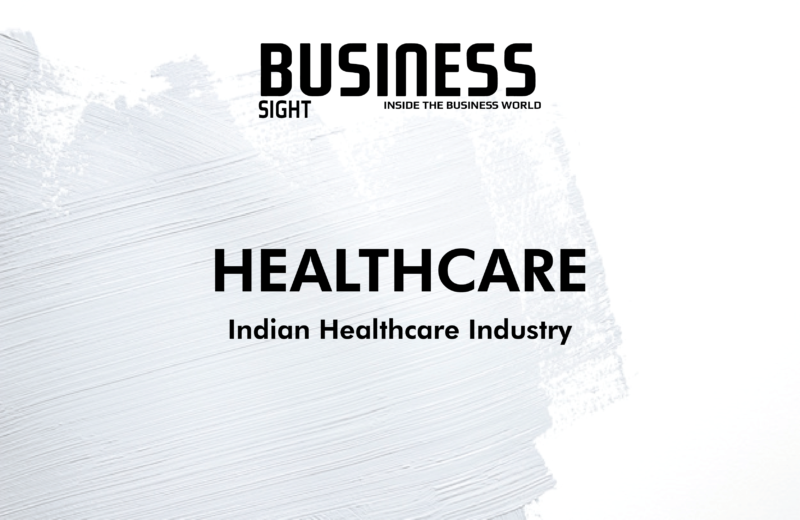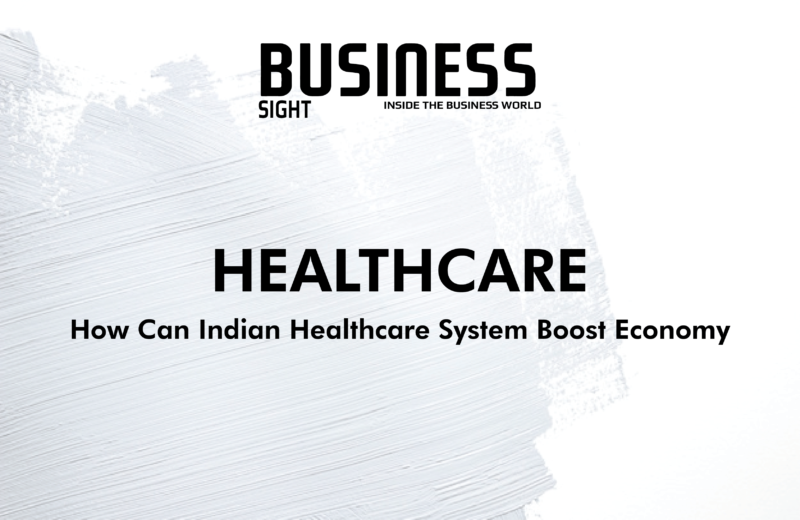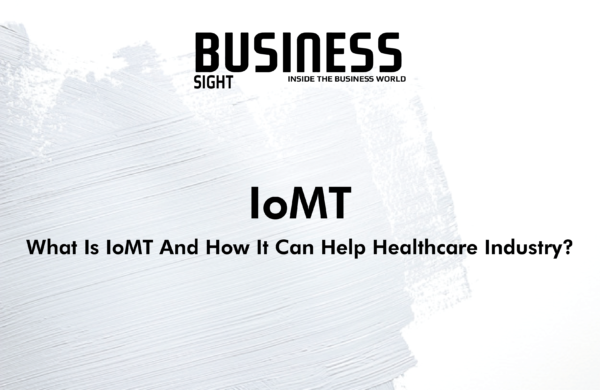The complexity and rise of data in healthcare mean that artificial intelligence (AI) will increasingly be applied within the field and AI is getting increasingly sophisticated at doing what humans do, but more efficiently, more quickly and at a lower cost. The healthcare sector is also very ripe for such major changes and the potential for AI is vast as there are nearly endless opportunities to leverage technology to deploy more precise, efficient, and impactful interventions at exactly the right moment in a patient’s care. The key categories of applications involve diagnosis and treatment recommendations, patient engagement and adherence, and administrative activities, artificial intelligence is poised to be the engine that drives improvements across the care continuum.
One of AI’s biggest potential benefits is to help people stay healthy so they don’t need a doctor, or at least not as often as AI offers a number of advantages over traditional analytics and clinical decision-making techniques. AI can perform healthcare tasks as well or better than humans, implementation factors will prevent large-scale automation of healthcare professional jobs for a considerable period. Though, algorithms can become more precise and accurate as they interact with training data, allowing humans to gain unprecedented insights into diagnostics, care processes, treatment variability, and patient outcomes while there would always be ethical issues in the application.
Technology applications and apps encourage healthier behavior in individuals and help with the proactive management of a healthy lifestyle as almost all consumers now have access to devices with sensors that can collect valuable data about their health. It puts consumers in control of health and well-being as smartphones with step trackers to wearables that can track a heartbeat around the clock, a growing proportion of health-related data is generated on the go. With ground-breaking data, medical professionals can easily increase the ability to understand the day-to-day patterns and needs of the people. The medical professionals will be able to provide better feedback, guidance and support for maintaining health. Artificial intelligence will play a significant role in extracting actionable insights that can offer a unique perspective into individual and population health.
AI is continuing powering smartphones and turning them into diagnostic tools. The quality of cell phone cameras is increasing every year and images taken are of the highest quality which can help AI algorithms especially in Dermatology and ophthalmology. AI is already being used to detect diseases, such as cancer, more accurately and in their early stages as diagnosis and treatment of disease has been a prime focus of AI. The use of AI is enabling review and translation of mammograms 30 times faster with 99% accuracy and machine learning algorithms with their ability to synthesize highly complex datasets may be able to illuminate new options.

